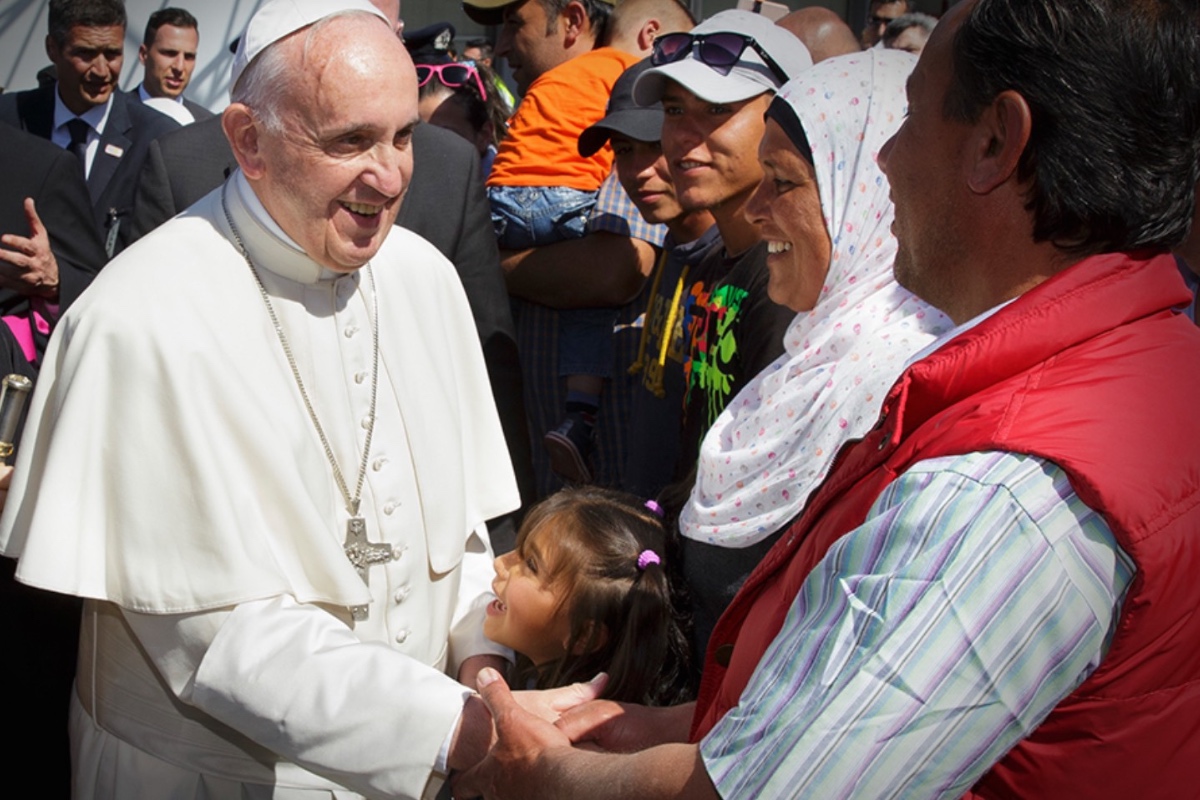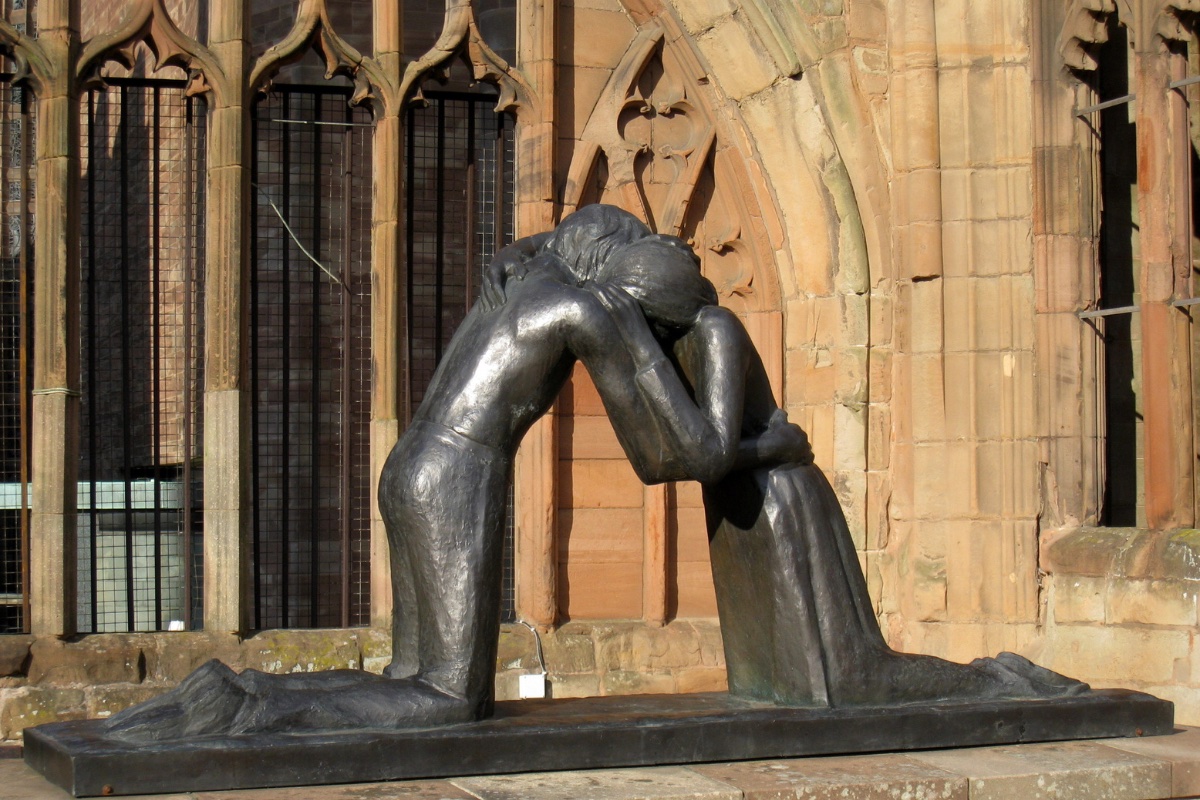SUPREME HASSAN '26 is a BC student in the Woods College of Advancing Studies majoring in business.
The experience of incarceration presents significant challenges, yet the figure of St. Ignatius of Loyola exemplifies how adversity can be transformed into opportunities for profound spiritual growth. He understood that reentering society necessitates a committed dedication to personal development, impactful missionary work, and advocacy for social justice. His remarkable journey serves as an inspiration and guide for individuals seeking transformation.
Within the complex and often harsh realities of the U.S. carceral system, I encountered my substantial trials. For a grueling 23 hours each day, I was confined within a stark, dimly lit, 6-foot by 10-foot cell designated for segregation. In this isolating environment, enveloped in silence and the persistent echoes of my thoughts, I discovered a transformative truth: education would serve as my pathway to liberation—a means to reclaim my identity and empower my future.
Recognizing the necessity of confronting the deep scars of my past actions became a pivotal moment in my journey. Only by addressing the pain I caused could I aspire to restore my humanity and dignity. As Supreme Hassan, identified by some as a Juvenile Lifer, I carry the significant burden of having taken the life of a nineteen-year-old Black male at the age of eighteen. This weight remains central to my quest for redemption and self-discovery.
The weight of my guilt compelled me to seek a public apology, desiring the opportunity to express my remorse and begin the process of making amends. After enduring five arduousyears in solitary confinement, I was finally granted human contact. It was during this transformative interaction that I reconciled my self-inflicted wounds, ultimately declaring, "I am a responsible party."
My path toward reconciliation aligns with the principles of restorative justice. This philosophy emphasizes the voices of victims and those who have been harmed alongside individuals who have overcome trauma. Rooted in accountability, it fosters a process that amplifies the narratives of those injured while inviting the responsible parties to acknowledge their actions. One of its most significant practices is community engagement, which creates circles in which harmed individuals and those responsible for the harm can listen to one another. In these spaces, the voices of the injured resonate above all, guiding participants toward healing and mutual understanding.
My spiritual journey has represented a profound awakening, transforming my identity from a Juvenile Lifer to a committed advocate for restorative justice. Through the Boston College Prison Education Program, I realized the power of advocating for healing and social justice within the confines of the carceral system, where formal education serves as an essential lifeline to a broader perspective on life. This experience has opened my eyes to the potential for service, enabling me to uplift not only myself but also countless others. I was inspired by Sr. Jean Girbaud, who instilled in us the foundational mission of Boston College, a heartfelt call to "Being men and women, for and with others," which continues to guide my commitment to community and compassion.
In collaboration with a dynamic group of peers and inspiring professors at the Massachusetts Correctional Institute-Shirley, I have fully embraced this principle. Despite our circumstances, we actively support one another and advocate for the inclusion of individuals striving to lead meaningful lives while incarcerated.
This program has created a powerful circle of support and accountability, serving as a lifeline for individuals like me returning from incarceration. There was a time when I felt lost and doubted my ability to achieve my dreams, but now I can see how they have come to life before my eyes.
Turning to education was likened to the return of the prodigal son. I achieved freedom when all I was seeking was salvation.
FRANK ROBINSON '27 is a BC student in the Woods College of Advancing Studies majoring in applied liberal arts.
My educational journey was untraditional, to say the least. Education was a strong emphasis in my household, being raised by two college-educated parents. As an adolescent, it became more important to fit in than to stand out. Being one of the guys was more importantthan individual success. Failing to learn from the failures of others, I continued on a journey with no destination, no real purpose. My reward for my failures as man and as a father accrued a debt equal to the weight of the world. I had taken so many steps in the wrong direction, the journey home seemed insurmountable, a figment of my imagination. I refused to be defined by who I was rather than who I was becoming. With this mindset, I began the process of repairing harm through restorative justice practices. Restorative justice has allowed me the platform to address my trauma and take accountability for the harm that I’ve caused.
In 2012, I suffered a personal trauma which caused me to reflect on how I wanted the world to see me if given a chance. I’d lost my only son, who was emulating all the worst parts of his father. Glorifying a lifestyle became his sacrifice and my motivation. I spent years searching for purpose and found community behind the wall, a community of men redefining their commitment to self-improvement and accountability.
I began to retrace my footsteps. I never went to church, but I said more than a few silent prayers that fell on deaf ears, or so I thought. God has a way of showing up when you least expect, and I’m proof that God’s love is real. Tethered to the possibility of my example being my only legacy, I set out. It began with Project Youth. I found comfort in sharing my experiences with impressionable young minds, something that I wasn’t able to do for my own children. The next leg of the journey was training assistance dogs for American Vet Dogs. For the first time in my life, I was responsible for a life dedicated to service. Next, there was an opportunity to get a college degree. I was in line, like double Dutch, waiting for my turn. This was a blessing, a childhood dream deferred before my car flipped over on the highway of life. I’d earned thirteen years’ worth of setbacks on my parole eligibility, why would a prestigious school like Boston College want me? I was accepted. It was during class with Sister Jean that I learned of Saint Ignatius and things started making sense. God loves everyone, the criminals and the backsliders; all are equal in the eyes of the Lord. This was proof that I could salvage this corrupt life. I began to develop faith in something other than myself and continued forward. I invested in the community as a responsible party to restore faith in humanity not for self, but society. This is my pledge. Every day I will work on creating the best image of myself.
My reward came in the form of a blessing—and the light returned to my mother’s eyes. Turning to education was likened to the return of the prodigal son. I achieved freedom when all I was seeking was salvation. My mind was free, my spirit got muscles. Boston College, true to its mission, has exemplified men and women for and with others. Together, we built a community behind the wall and codified the Boston College Prison Education Program Student Circle. The first student organization on the MCI-Shirley Campus utilizes restorative justice practices at its foundation.
Through education, I found liberation of mind, body, and spirit. I once was a great leader for all the wrong reasons, now I’m a proud student dedicated to service. It was service and the goodwill of men and women for and with others that broke the chains that shackled my mind. Now I’m truly free.
Photo credit/description: Courtesy of Lee Pellegrini, Boston College. Valedictorian Gregory Saunders delivers a speech at the first commencement ceremony for BCPEP graduates.



.jpg)

